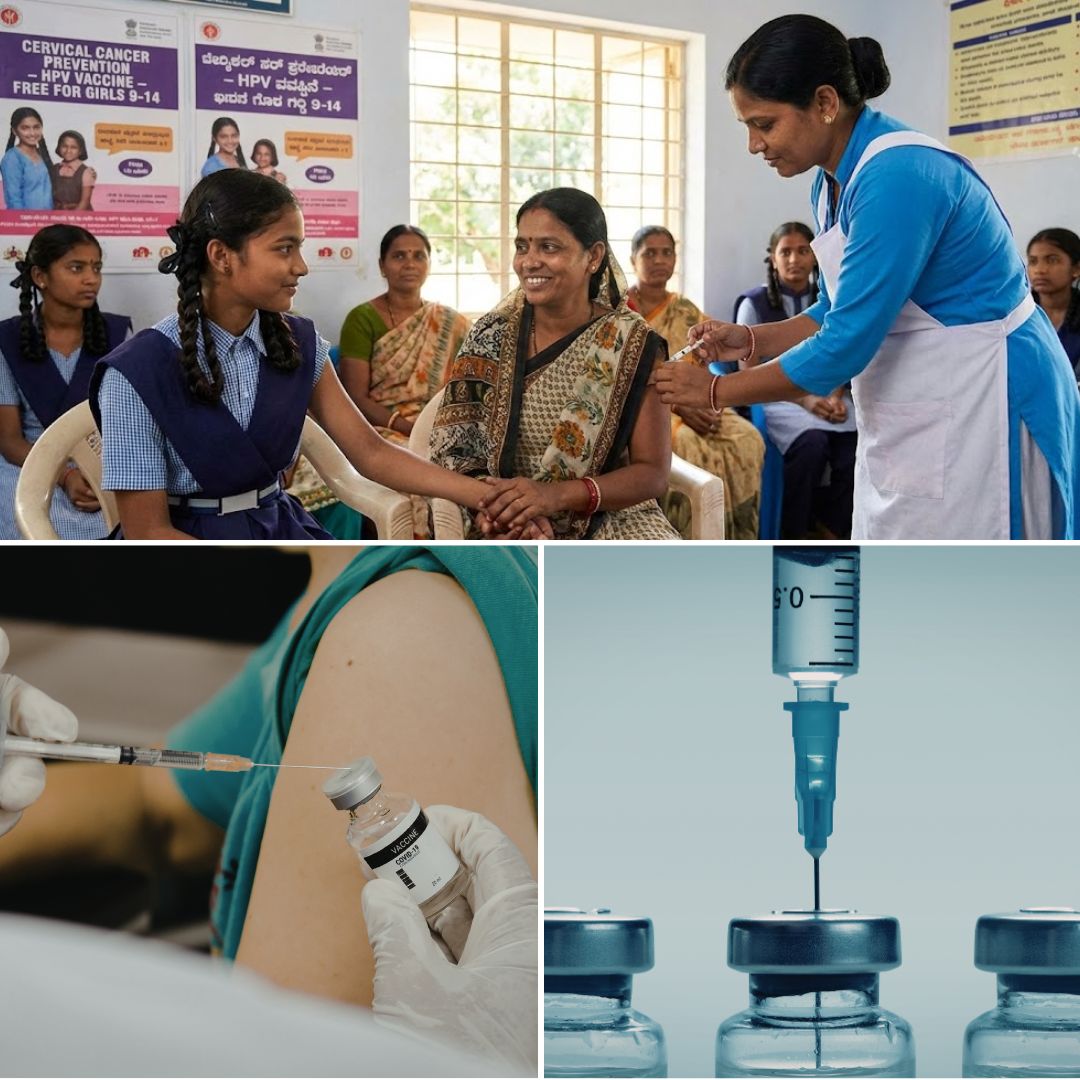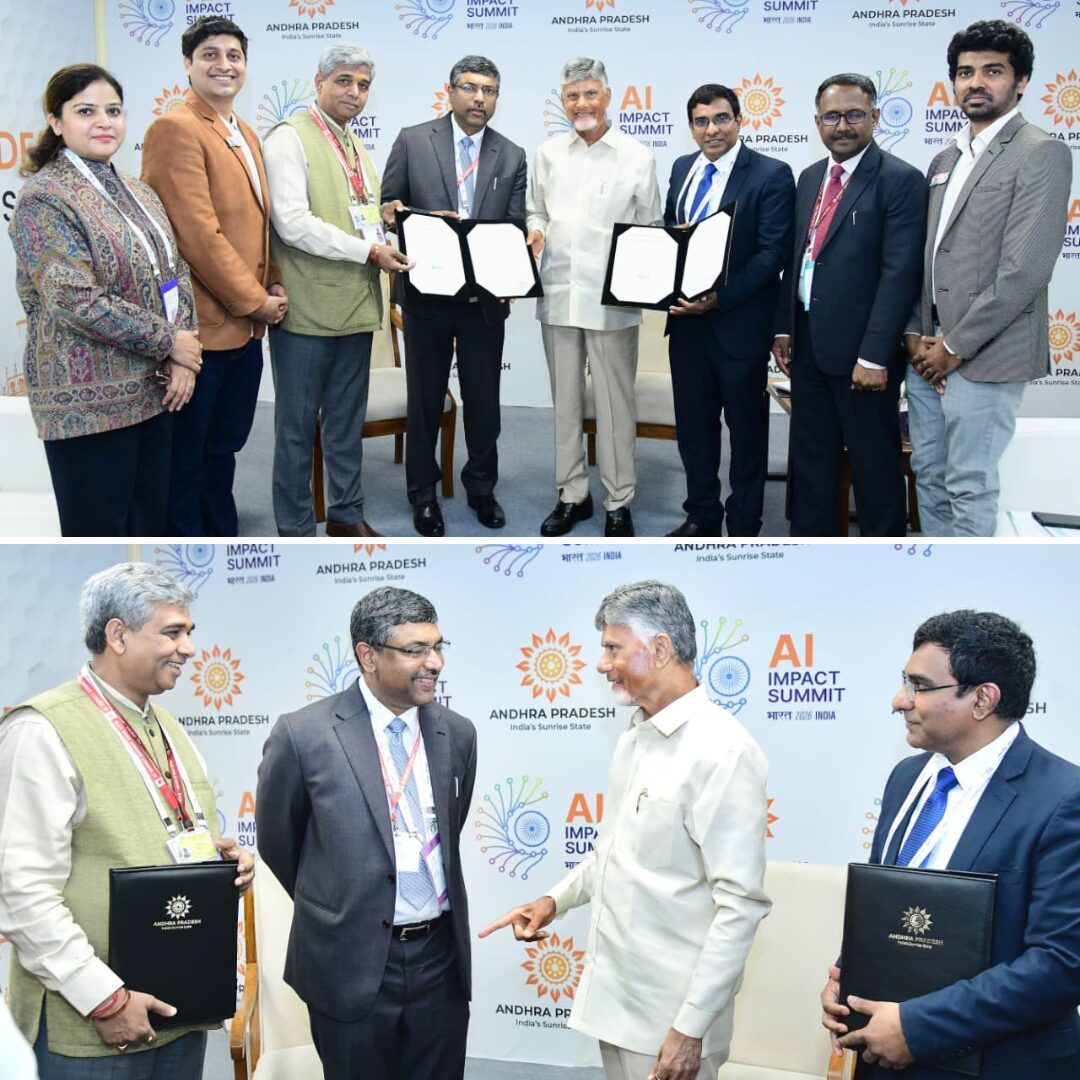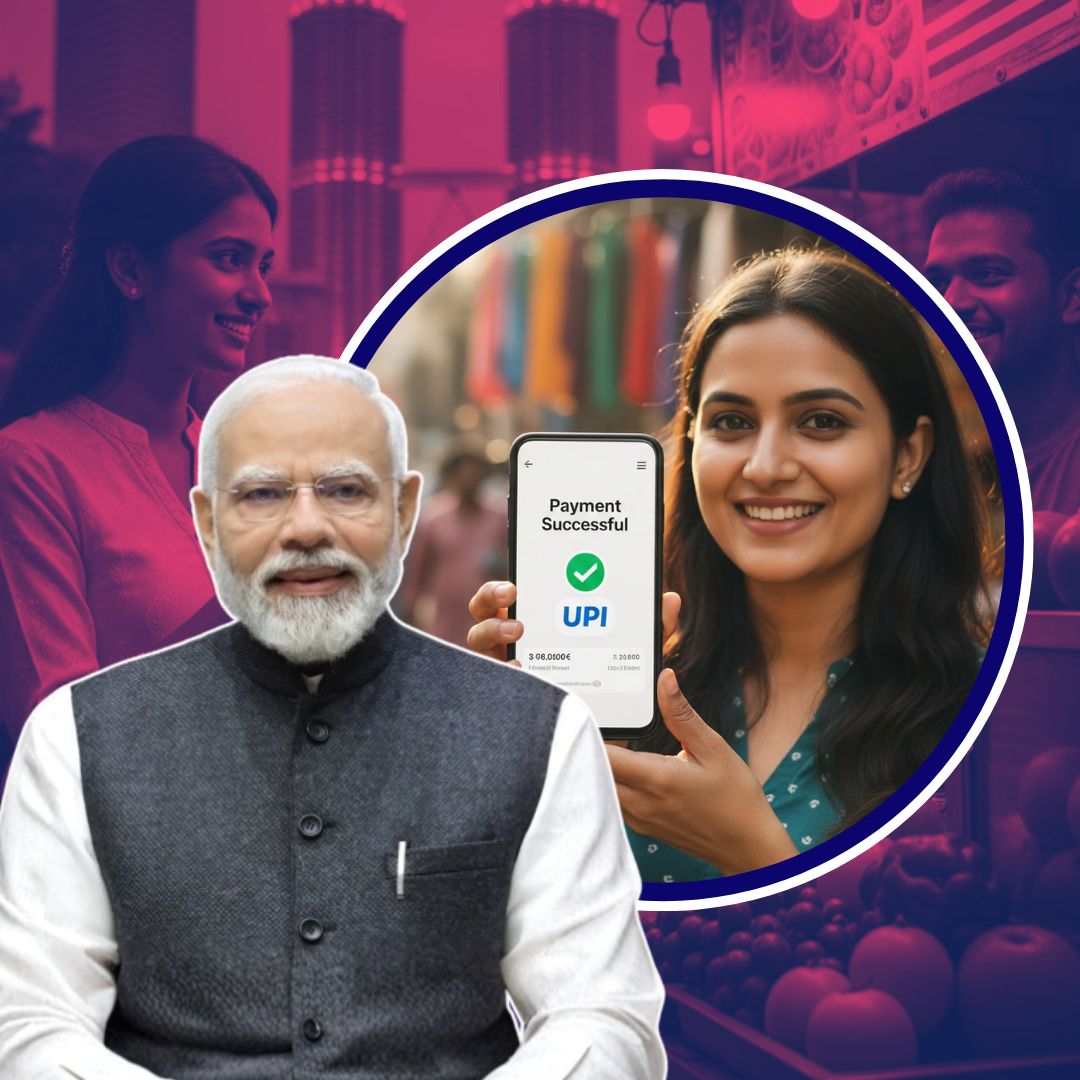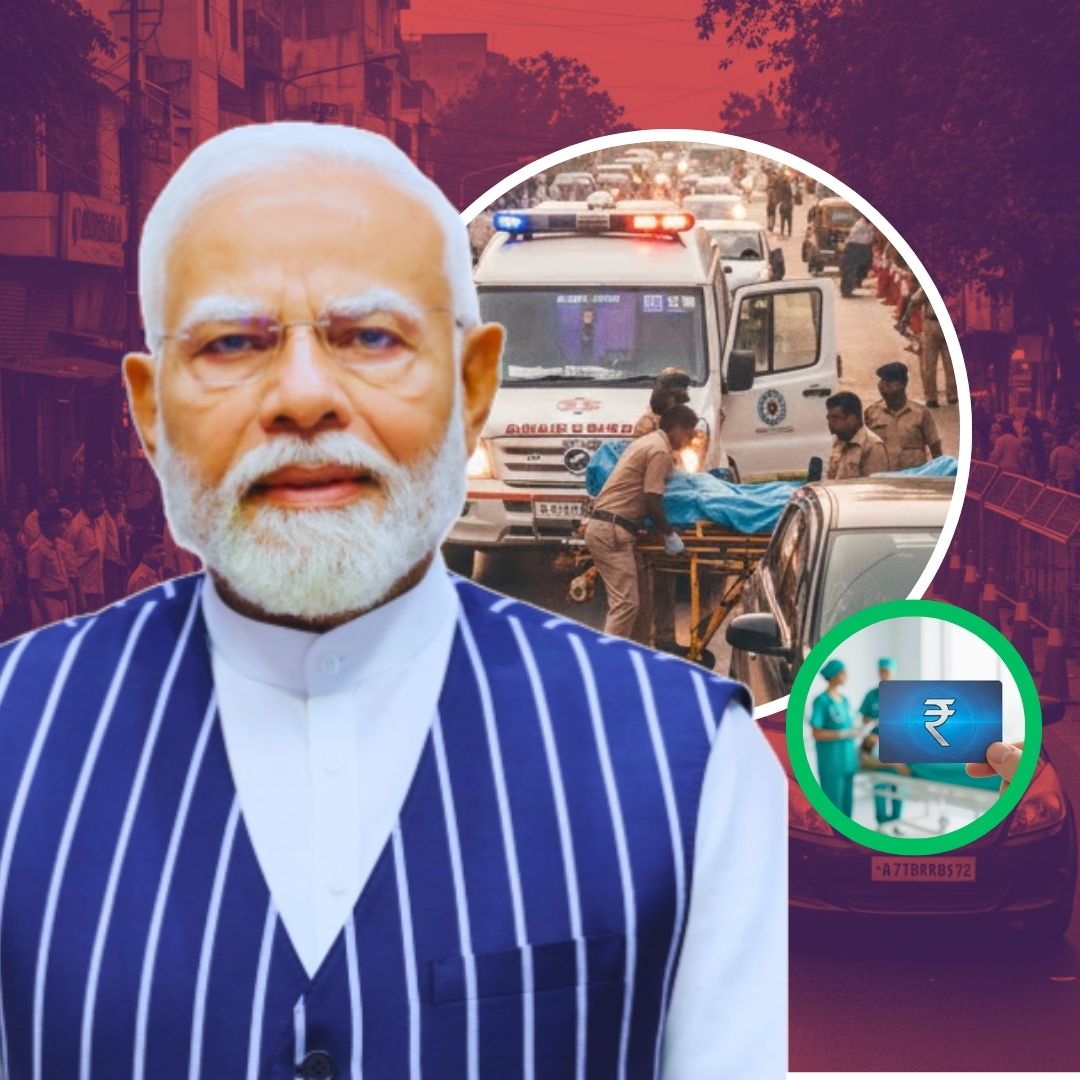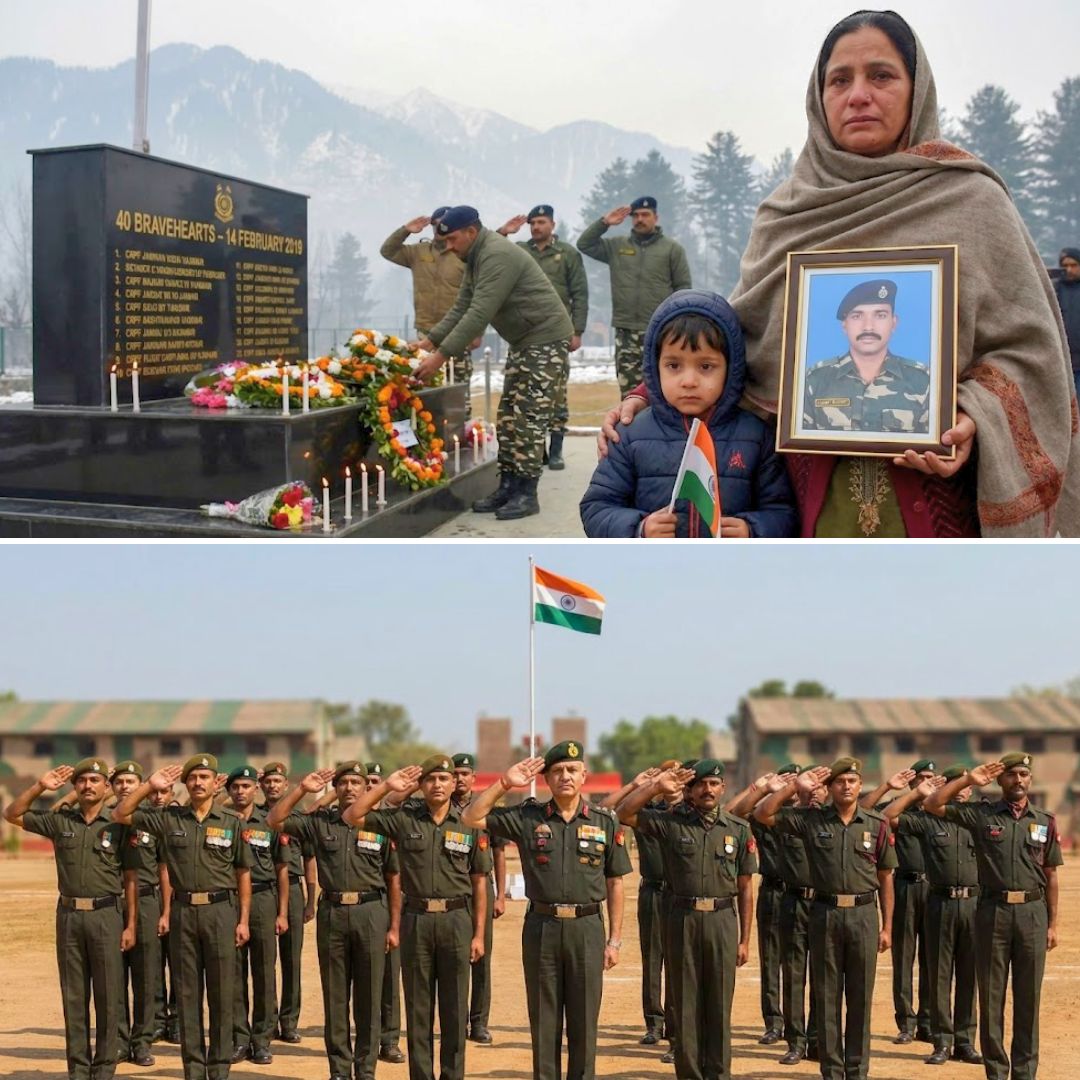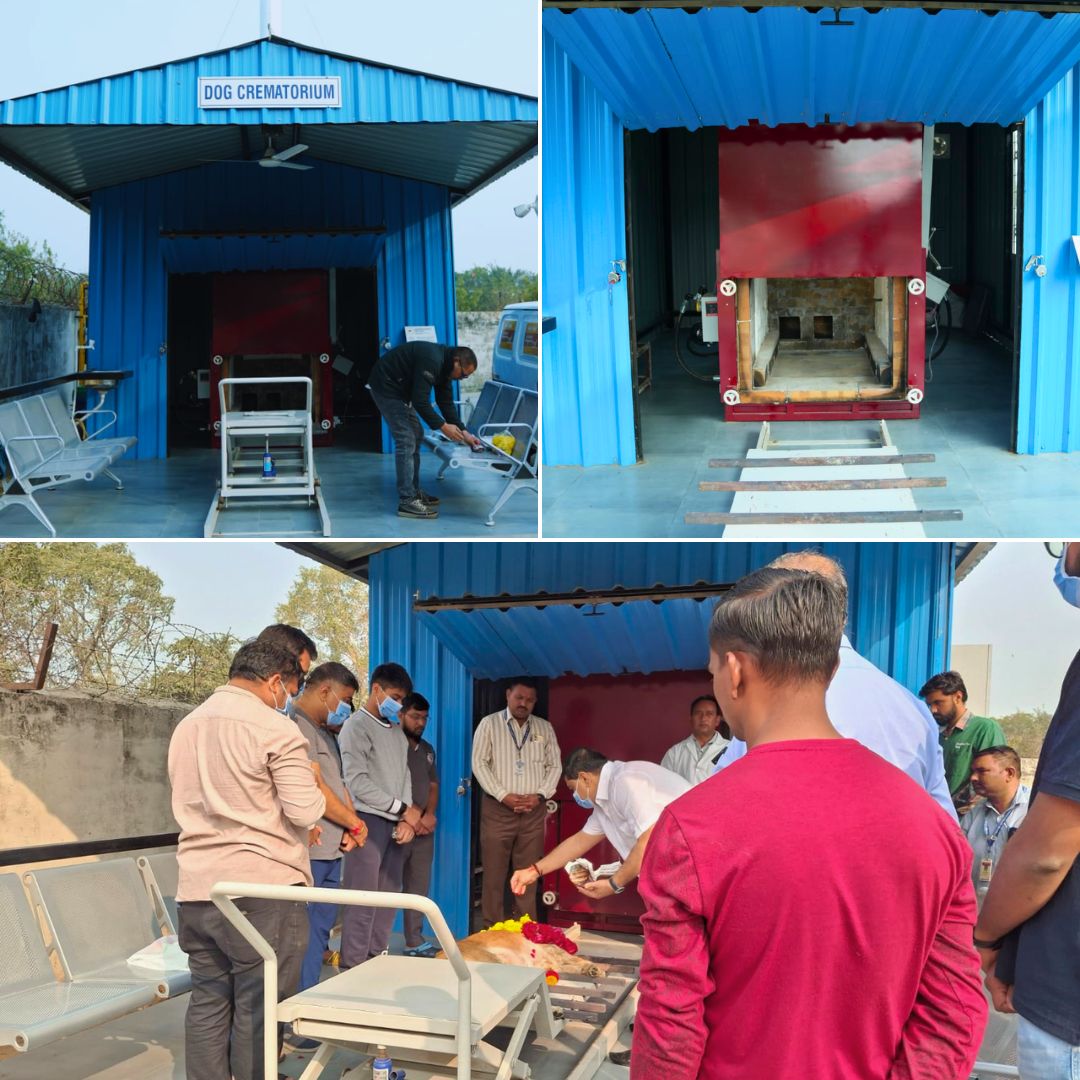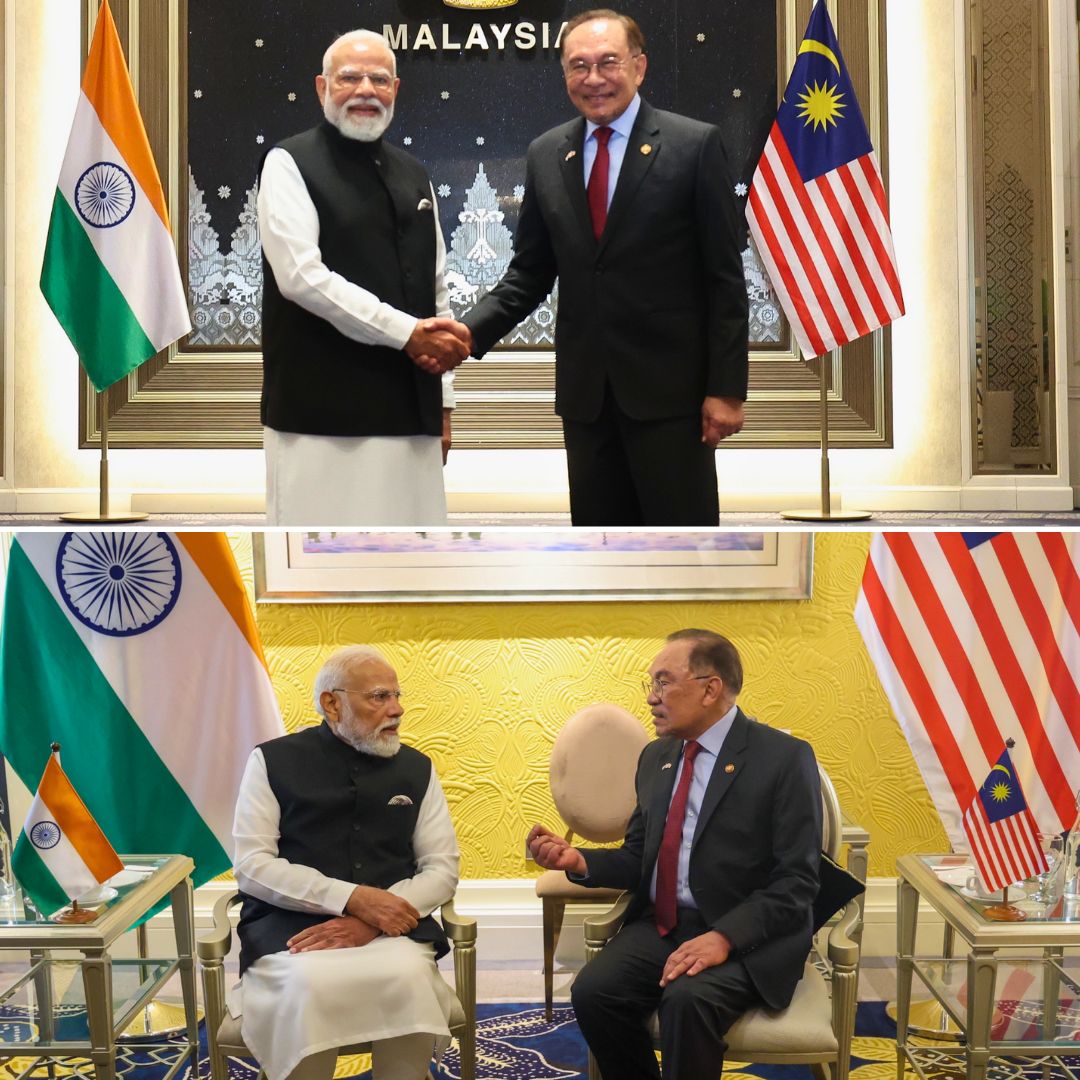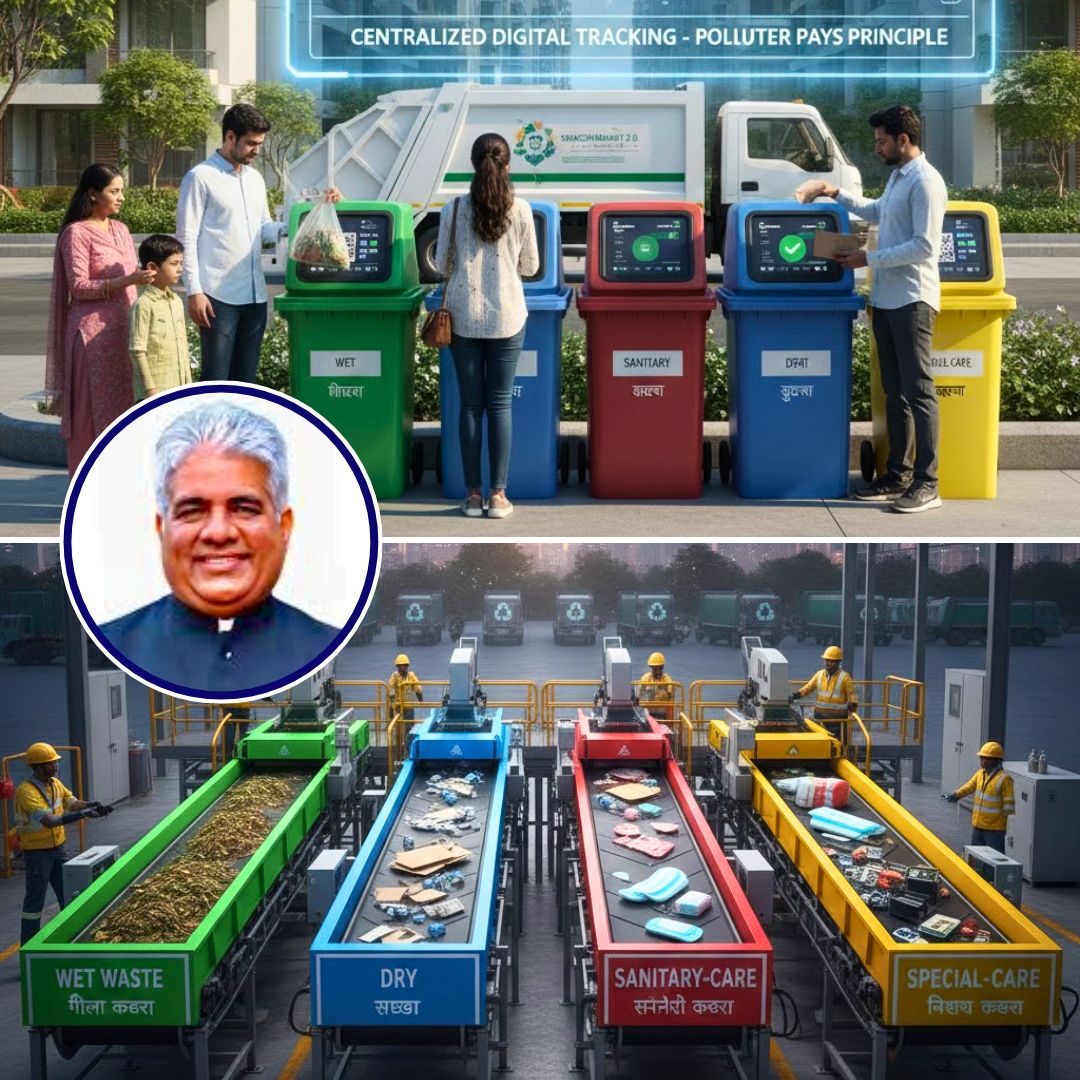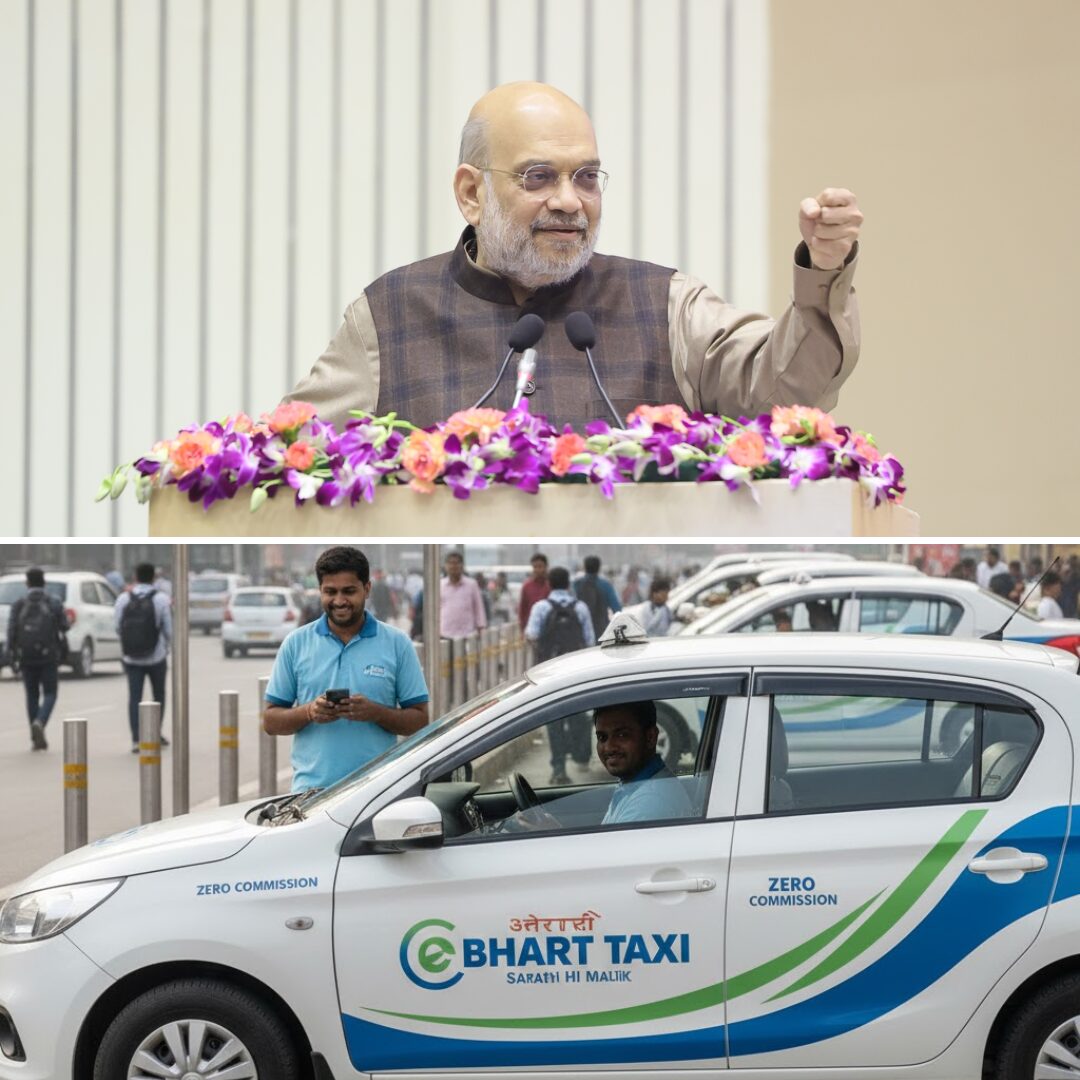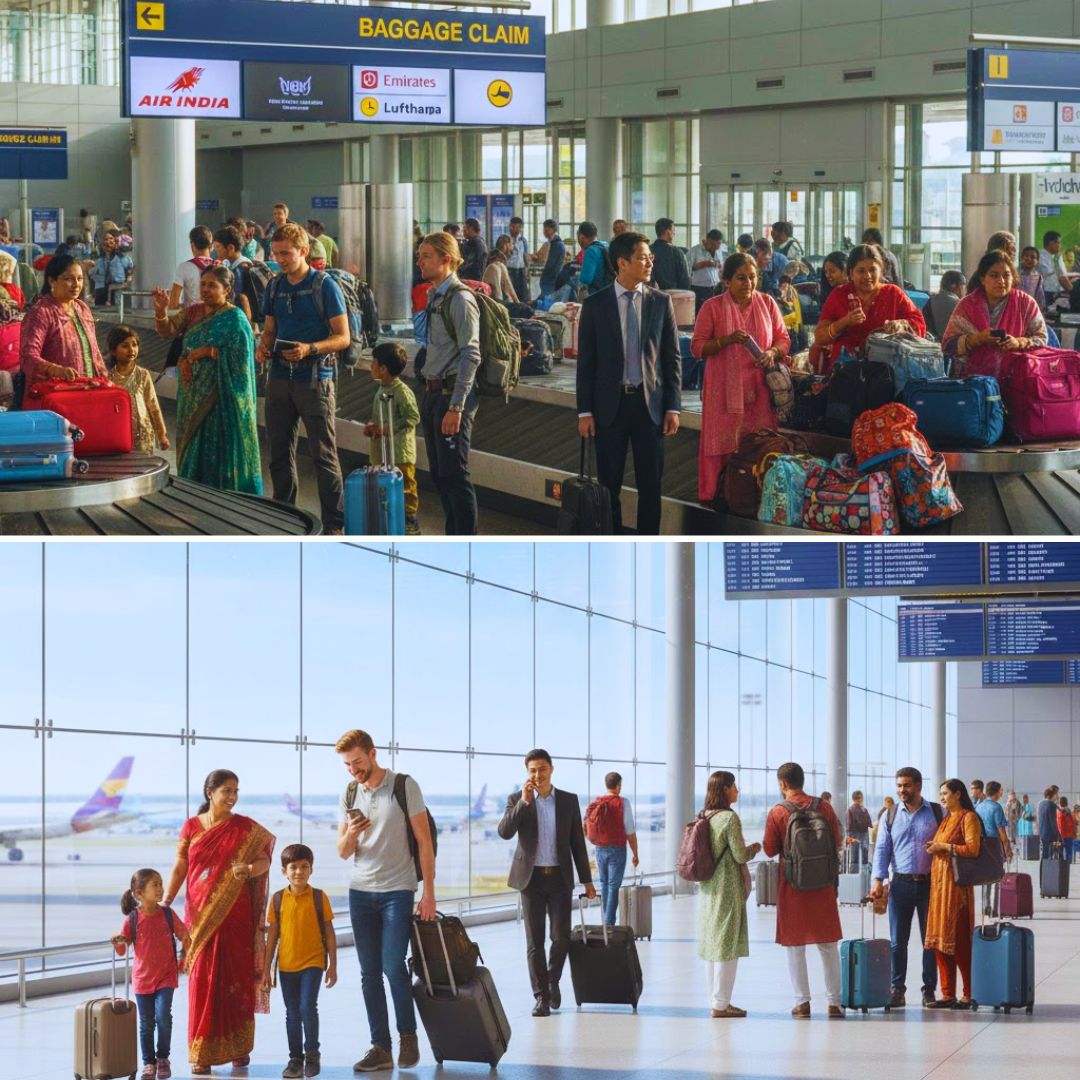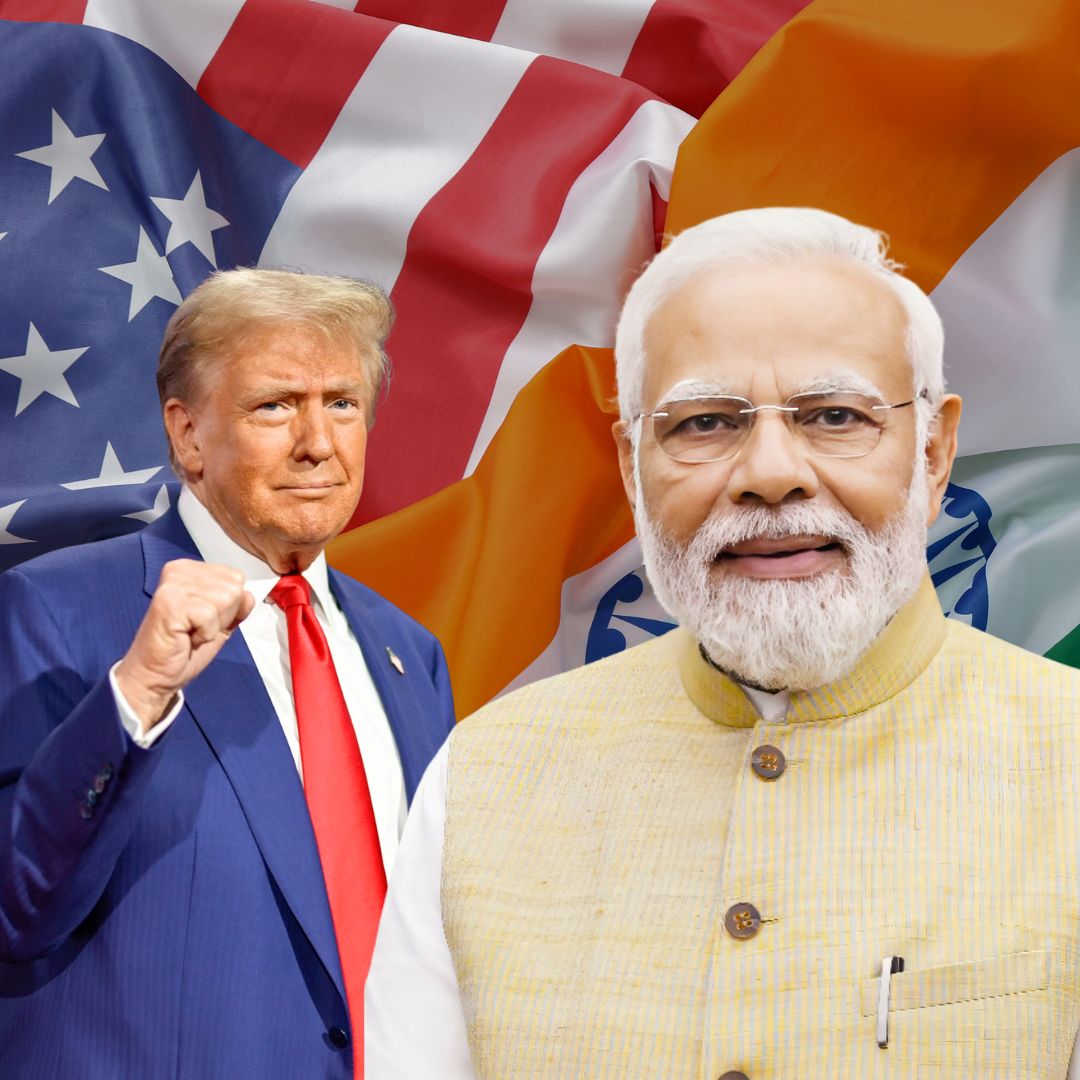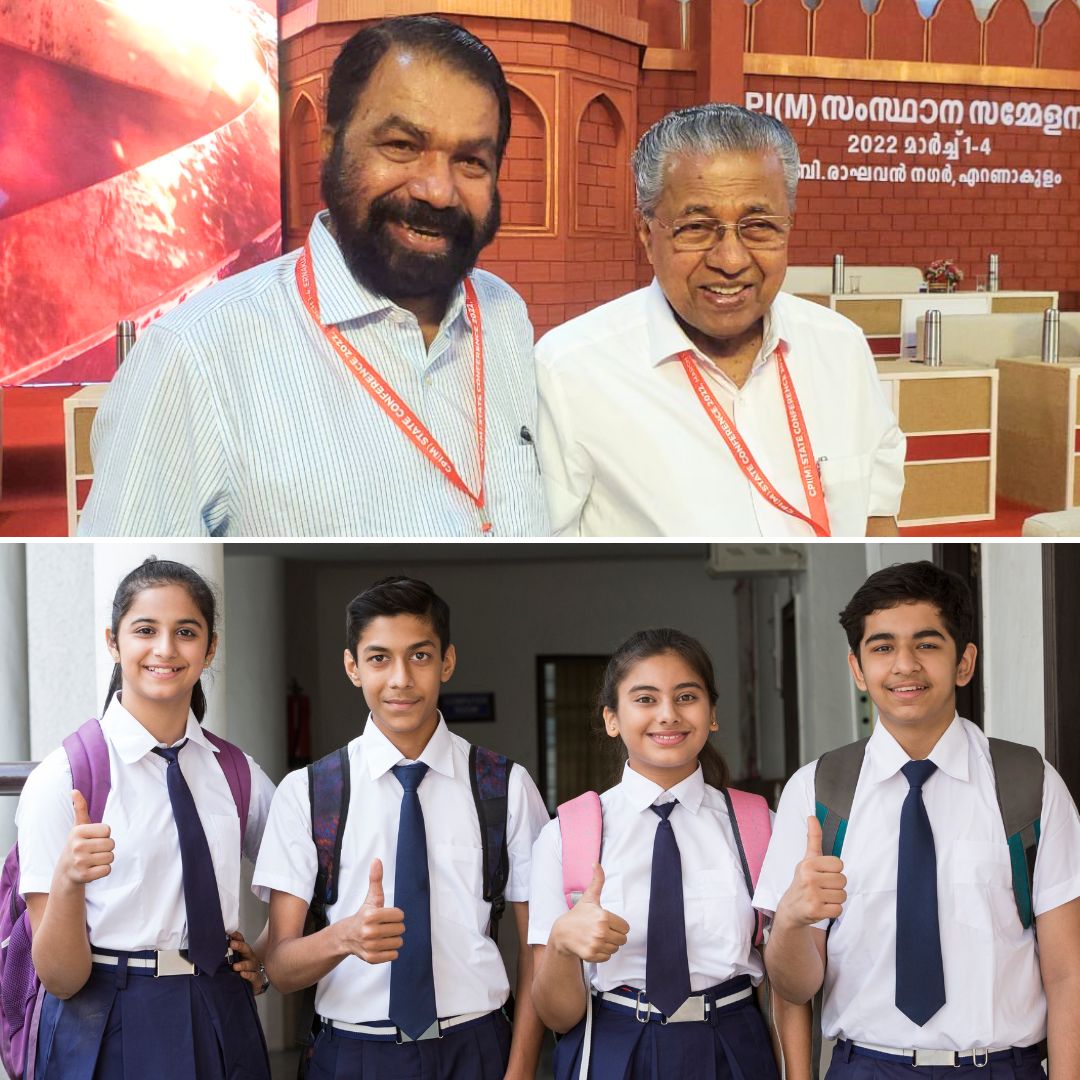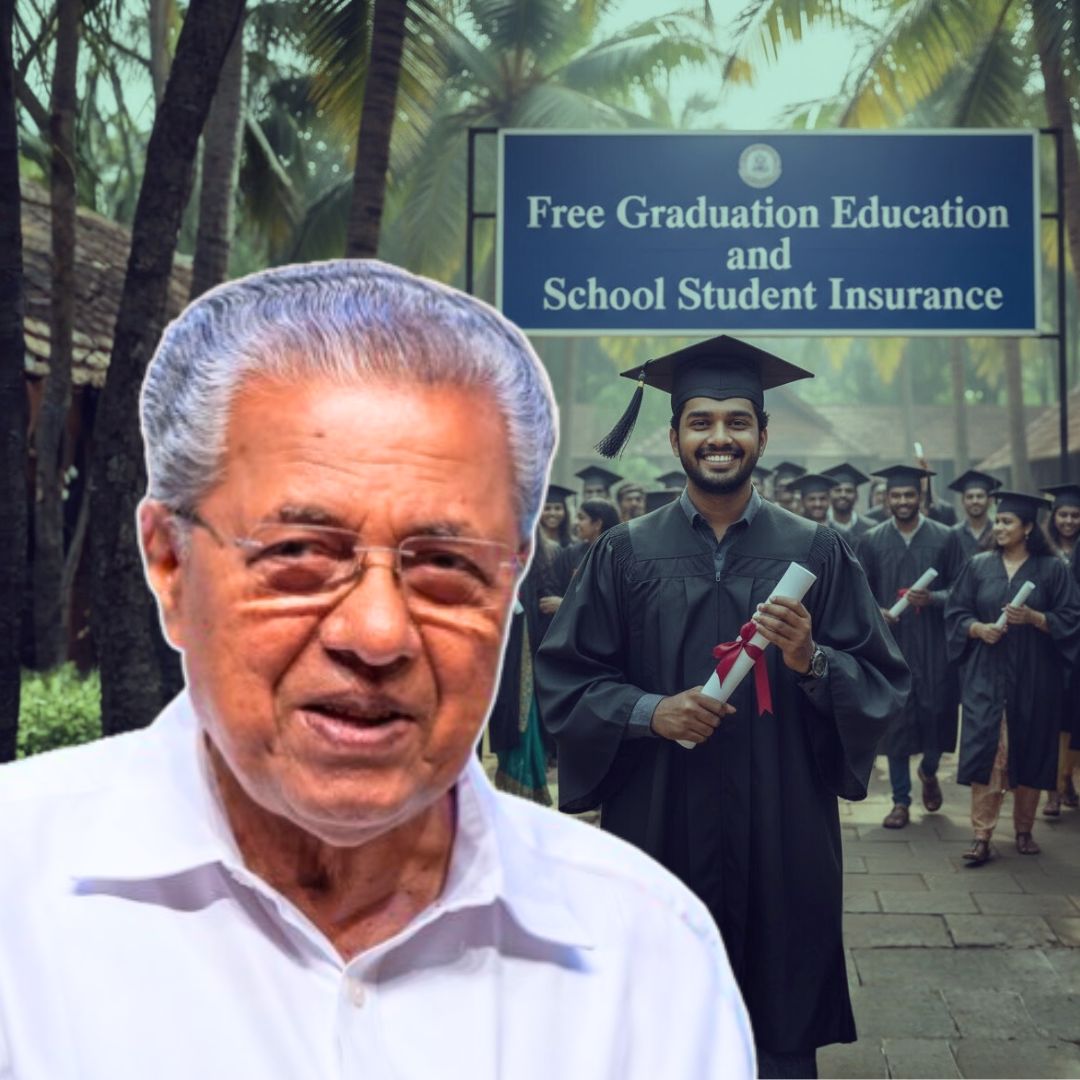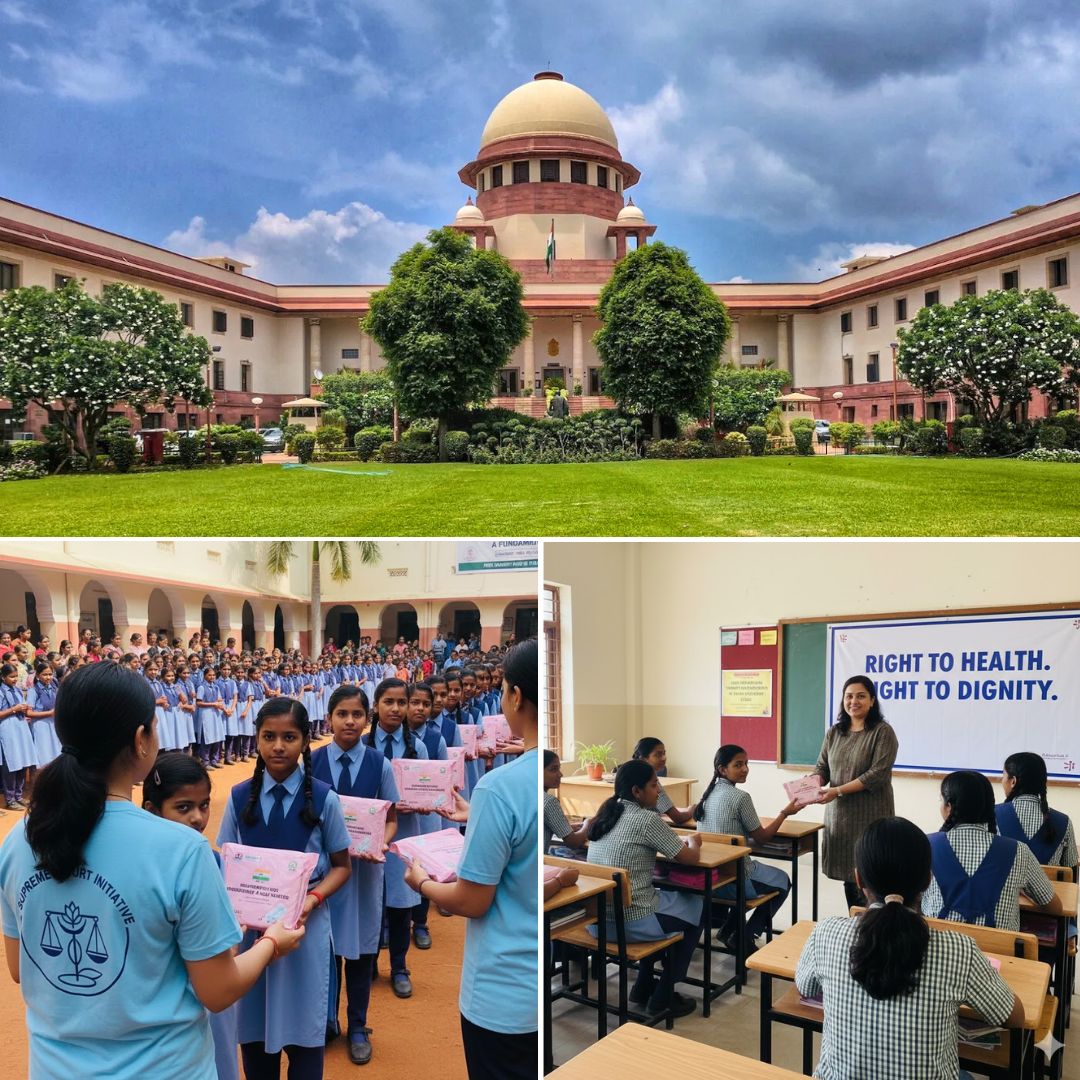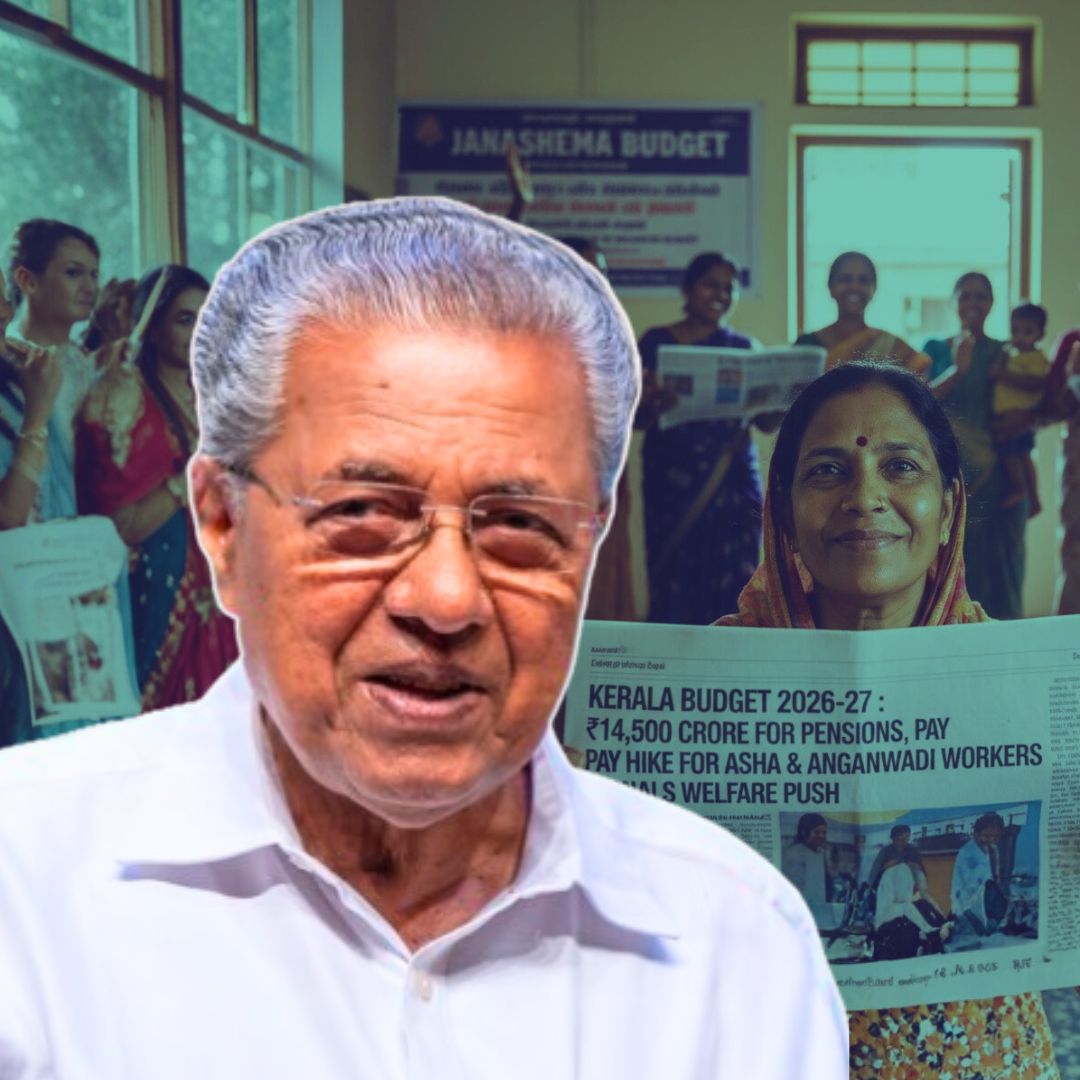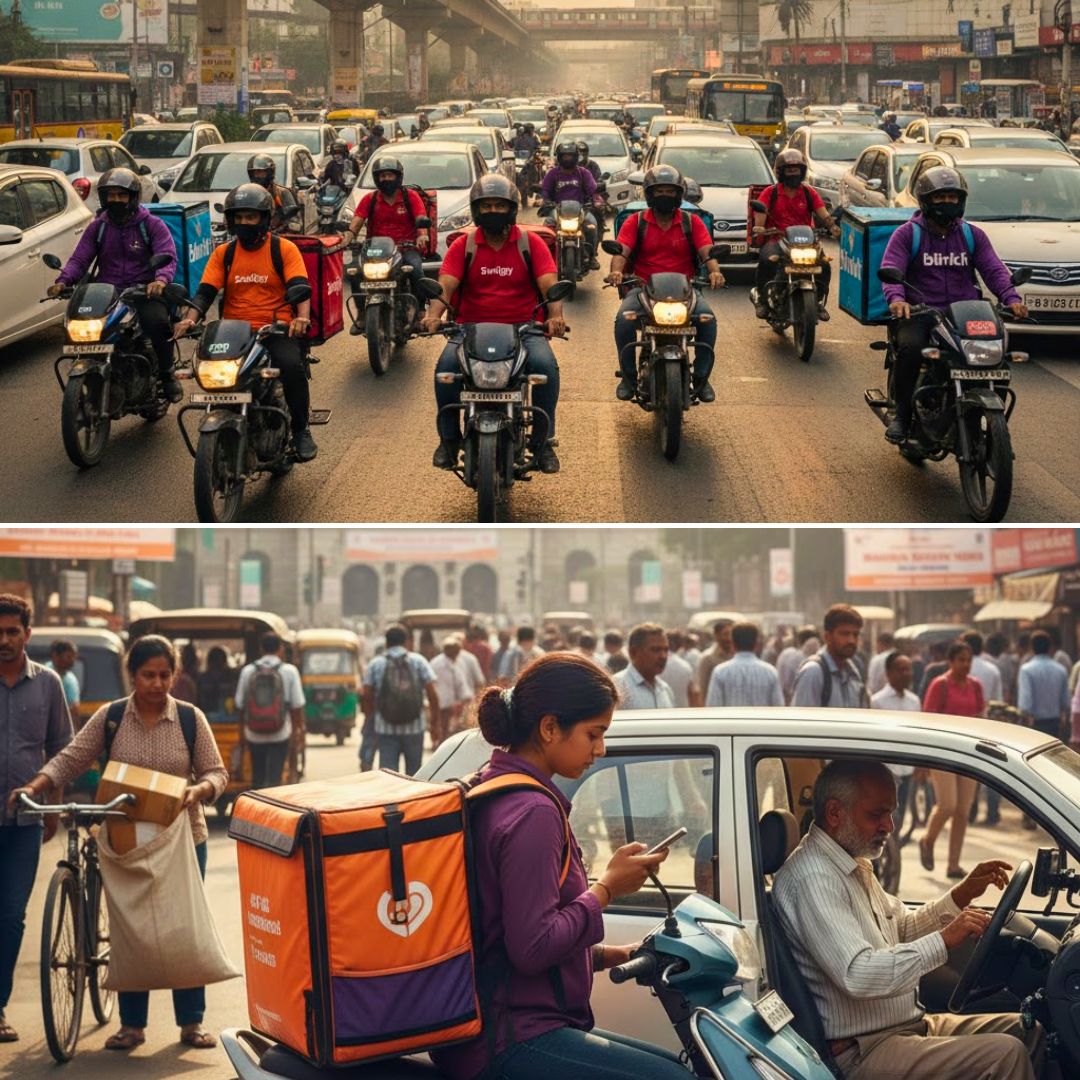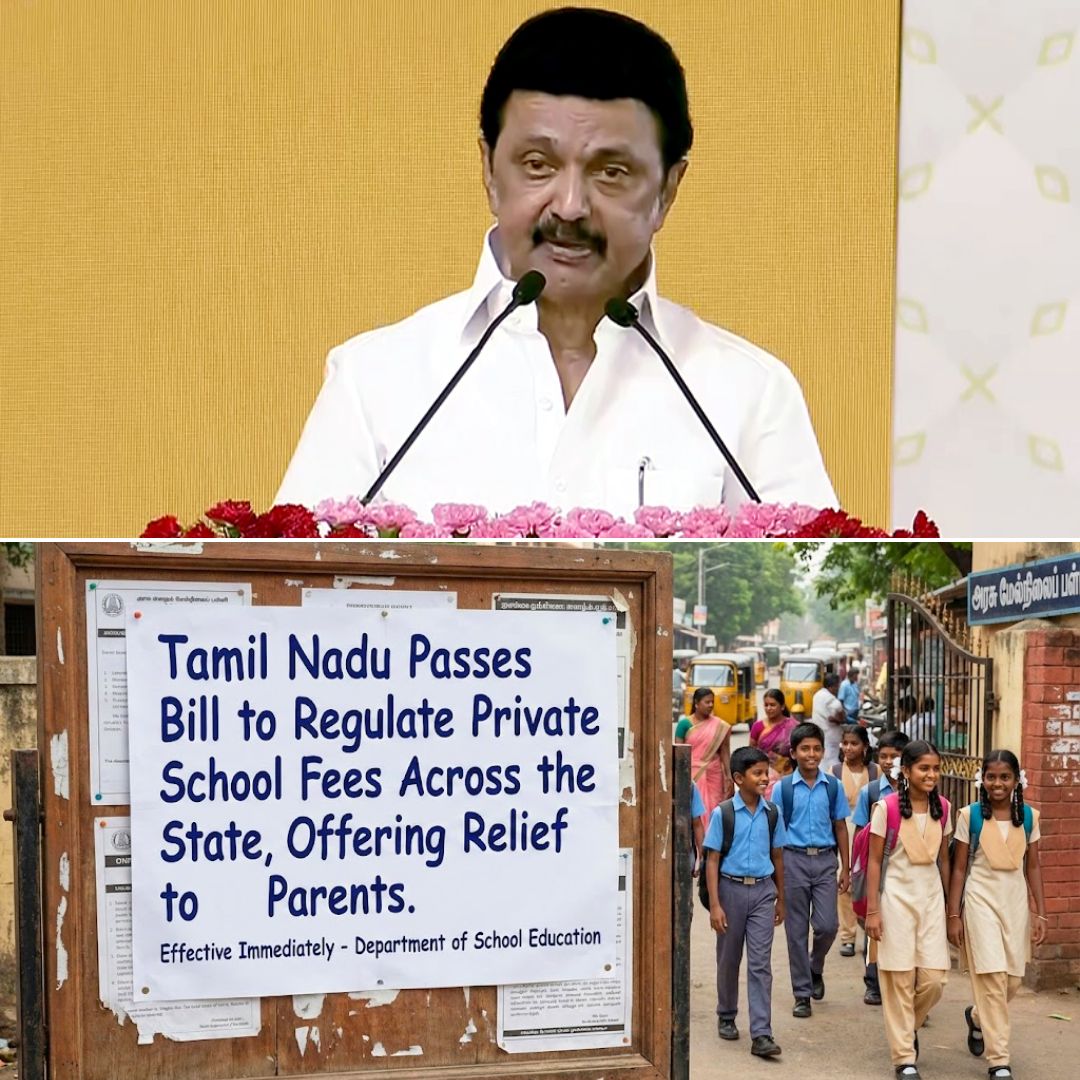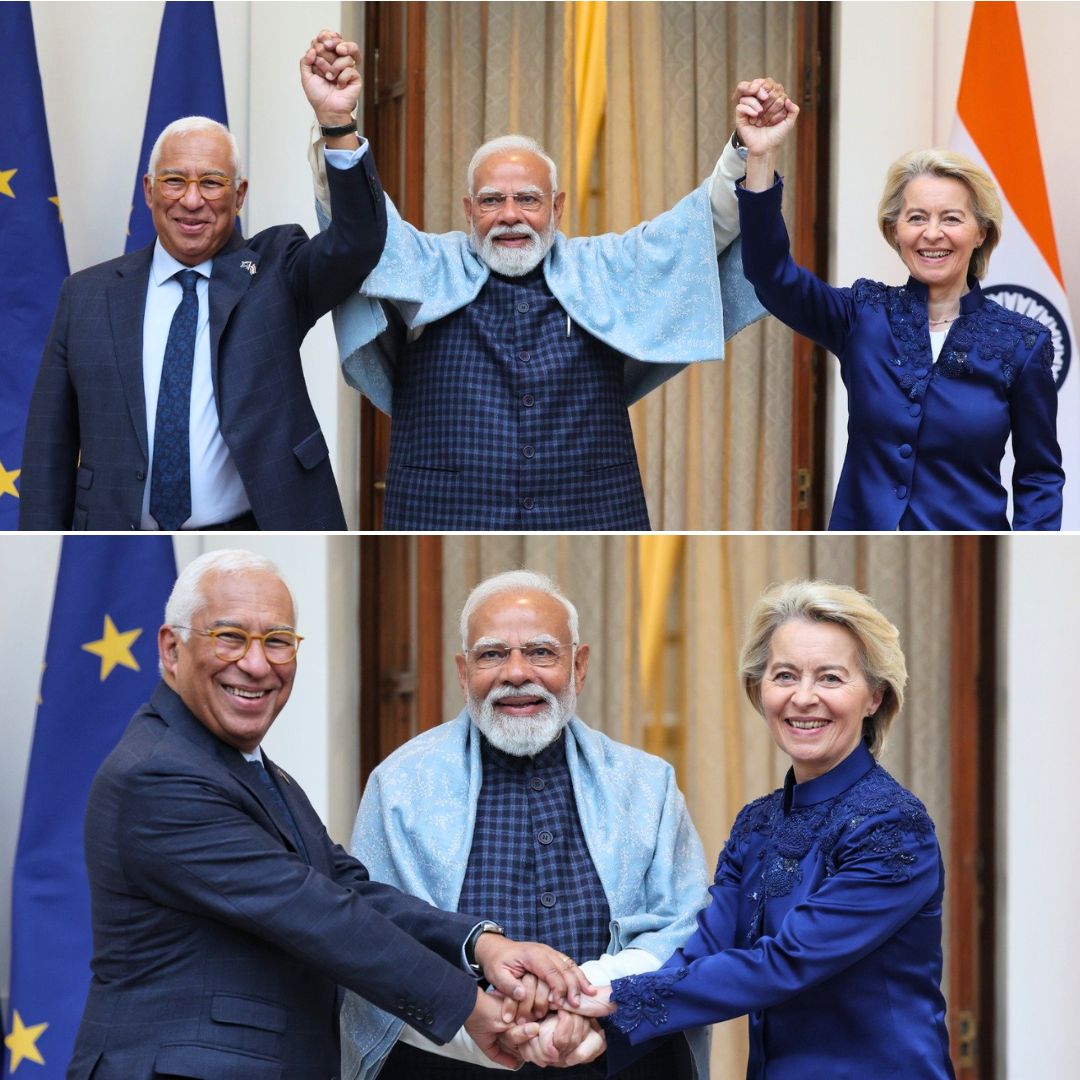Good Governance
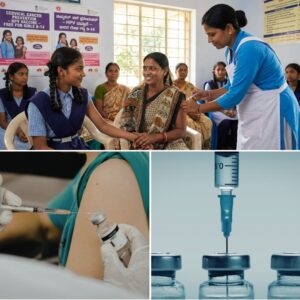
India Launches Free Nationwide HPV Vaccine Campaign to Protect 1.15 Crore Girls from Cervical Cancer
The government aims to reduce cervical cancer by providing free, single-dose HPV vaccines to 14-year-old girls nationwide.
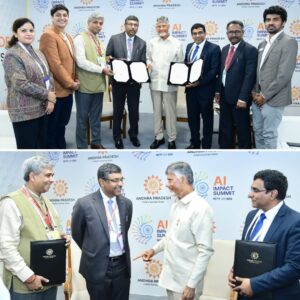
India’s First Dedicated Quantum & AI University Takes Shape in Amaravati
Landmark NIELIT-Andhra Pradesh Partnership Signals a New Era in Deep-Tech Education and Innovation.
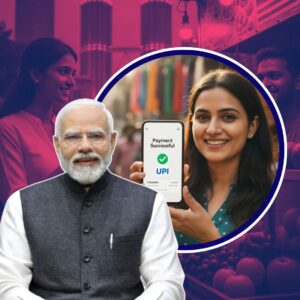
India, Malaysia Launch Digital Council as UPI Expands for Seamless Cross-Border Payments
India and Malaysia deepen fintech cooperation with a new digital council and UPI–PayNet payment linkage to simplify cross-border transactions.
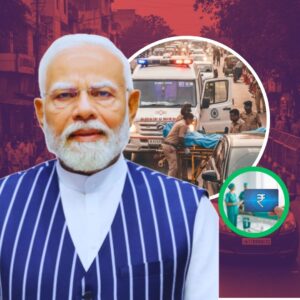
PM Modi Approves Upto ₹1.5 Lakh Cashless Medical Treatment for Road Accident Victims Nationwide
Under the PM RAHAT scheme, road accident victims across India will receive cashless emergency hospital treatment up to ₹1.5 lakh, aiming to reduce preventable deaths during the critical golden hour.

Pulwama at 7: Nation Unites to Honour 40 CRPF Martyrs, Reaffirms Resolve Against Terror
On the seventh anniversary of the 2019 Pulwama terror attack, India pays tribute to 40 CRPF personnel while renewing its commitment to unity, security and peace.

EPFO to Introduce UPI-Based Provident Fund Withdrawals Through New Mobile App
The Centre plans to launch a new EPFO mobile app by April enabling subscribers to withdraw up to 75 percent of their provident fund directly through UPI-linked bank accounts.
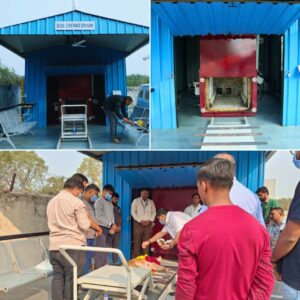
Ahmedabad Launches Gujarat’s First CNG-Based Dog Crematorium for Dignified Pet Farewells
Ahmedabad Opens Gujarat’s First ₹30 Lakh CNG-Based Dog Crematorium at Behrampura.

Delhi Launches Lakhpati Bitiya Yojana Offering ₹56,000 Support, Over ₹1 Lakh After Graduation
Delhi’s new Lakhpati Bitiya Yojana will provide financial aid of ₹56,000 to girls from birth to graduation, maturing to over ₹1 lakh to promote education and empowerment.

India’s IT Rules Now Mandate AI Content Labels and 3‑Hour Takedowns to Tackle Deepfakes and Harmful Media
New IT Rules require social media platforms to clearly label AI‑generated content and remove unlawful posts within three hours of notification to curb deepfakes, misinformation and abusive synthetic media.
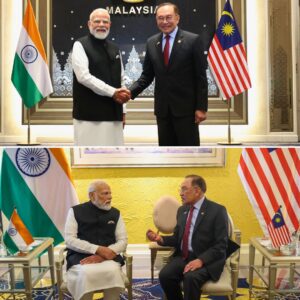
PM Modi in Malaysia: India Sends Clear Message on Terrorism, Rejecting Double Standards or Any Compromise
PM Modi and PM Anwar reinforce India–Malaysia ties, signing 11 agreements to expand trade, defence, and technology collaboration.

No Consent, No Camera: Goa Police to Detain Offenders for Non-Consensual Beach Photographs of Tourists
After repeated complaints and viral videos, Goa Police have begun detaining offenders to protect tourists and the state’s global image.
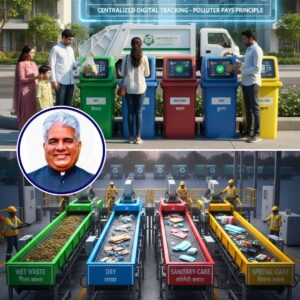
India’s Solid Waste Management Rules 2026 Explained: Here’s What Will Change from April 1
From mandatory four-way segregation to digital tracking and stricter penalties, India’s new waste rules seek systemic change.
Good Governance
- Governance
- Progress
- Welfare
Recognising exemplary leadership, progressive policies, and impactful governance initiatives driving transformation and public welfare.


